NIH clinical trial tests a new vaccine for COVID-19 in humans. While still in early stages, the team hopes to make it available as soon as possible.
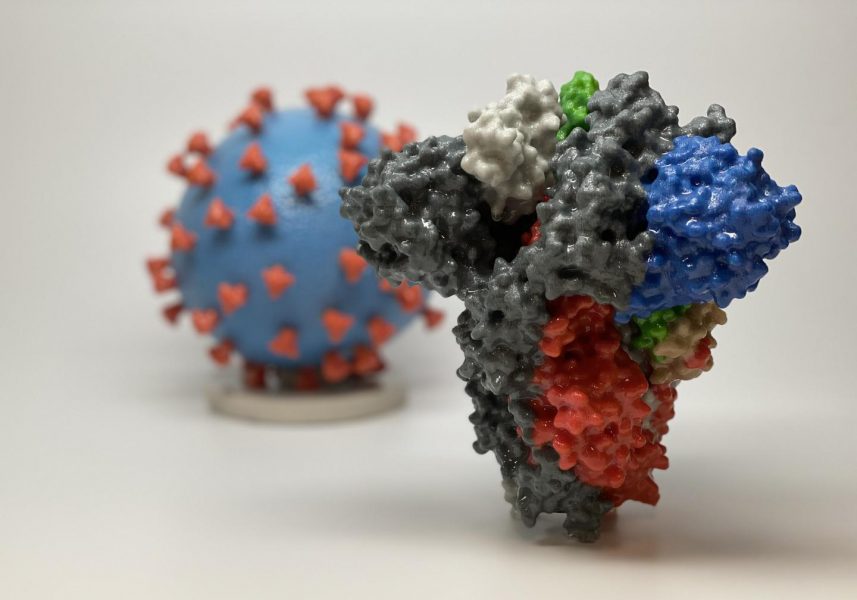

NIH clinical trial tests a new vaccine for COVID-19 in humans. While still in early stages, the team hopes to make it available as soon as possible.
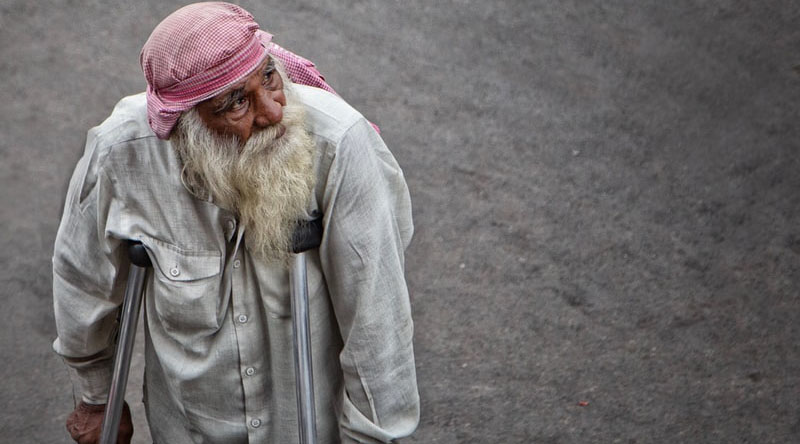
Older individuals in low- and middle-income countries are considered to be the most vulnerable to COVID-19 but have yet to be properly acknowledged in global planning for the disease.
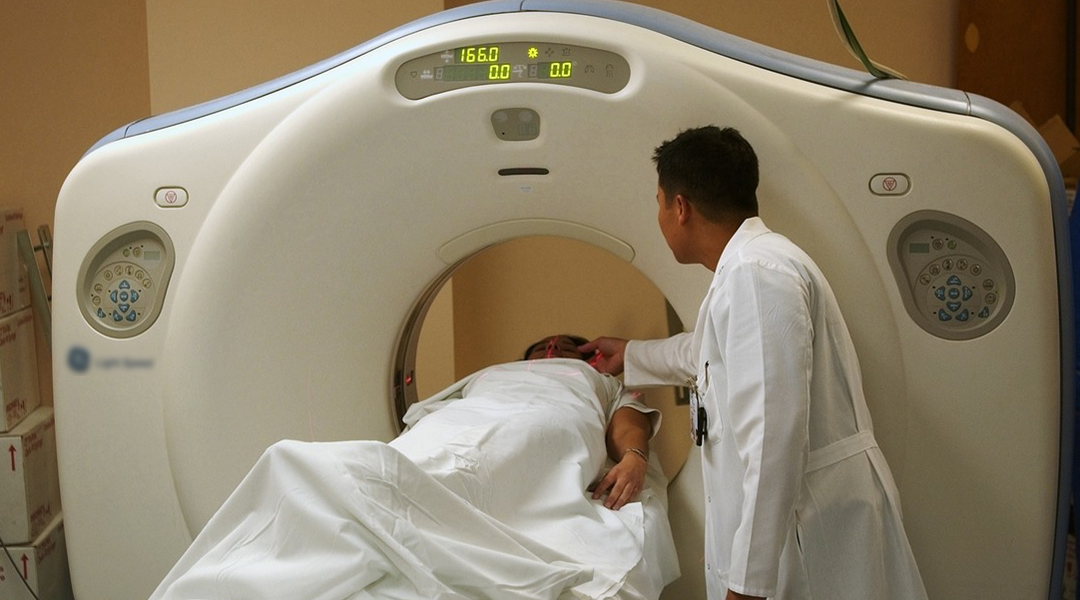
Doctors in Wuhan show that a chest CT is a more sensitive test for COVID 19 than the current standard.
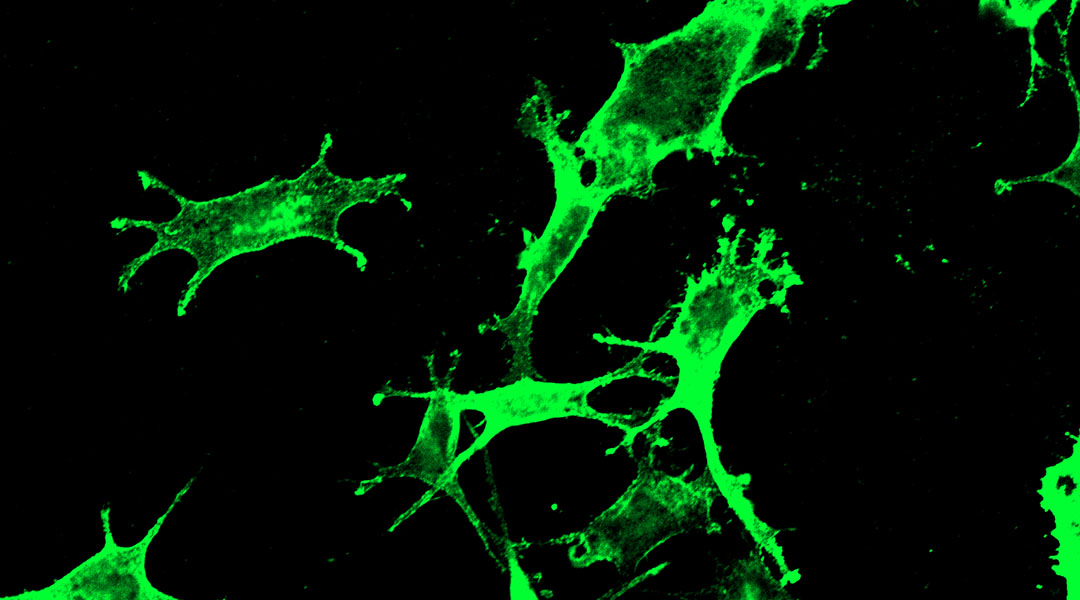
SARS-CoV-2 marker used to trigger the immune system against cancer, showing promise in shrinking tumors and improving survival in mice.

Based on the same mRNA vaccine against COVID-19, a new prototype has shown potential to treat asthma, a condition with no known cure.
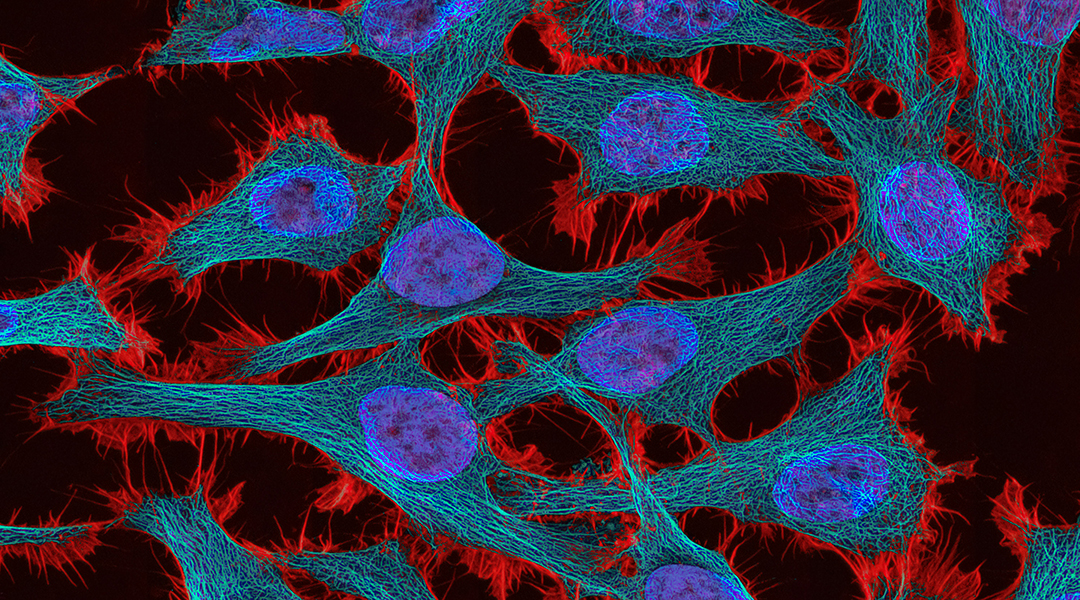
New findings shed light on how cervical cancer spreads to the lymph nodes, opening the door for treatments that could stop the process.

Chemist Shira Joudan discusses environmental contaminants, setting up at a new university, and building a supportive community.
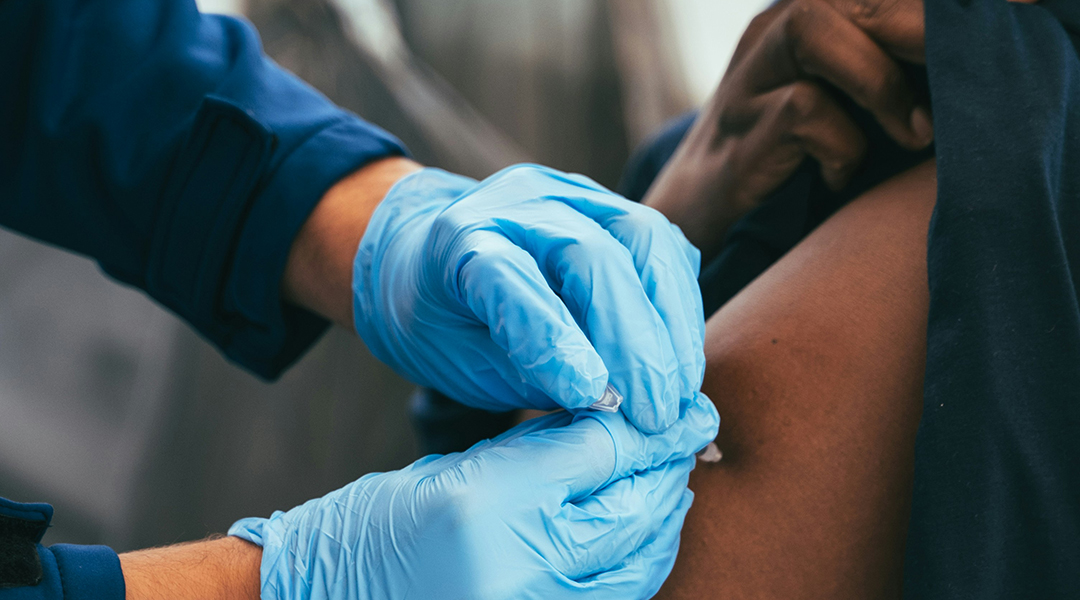
An RNA-based vaccine approach that is effective against all virus strains and safe for infants and immunocompromised individuals.
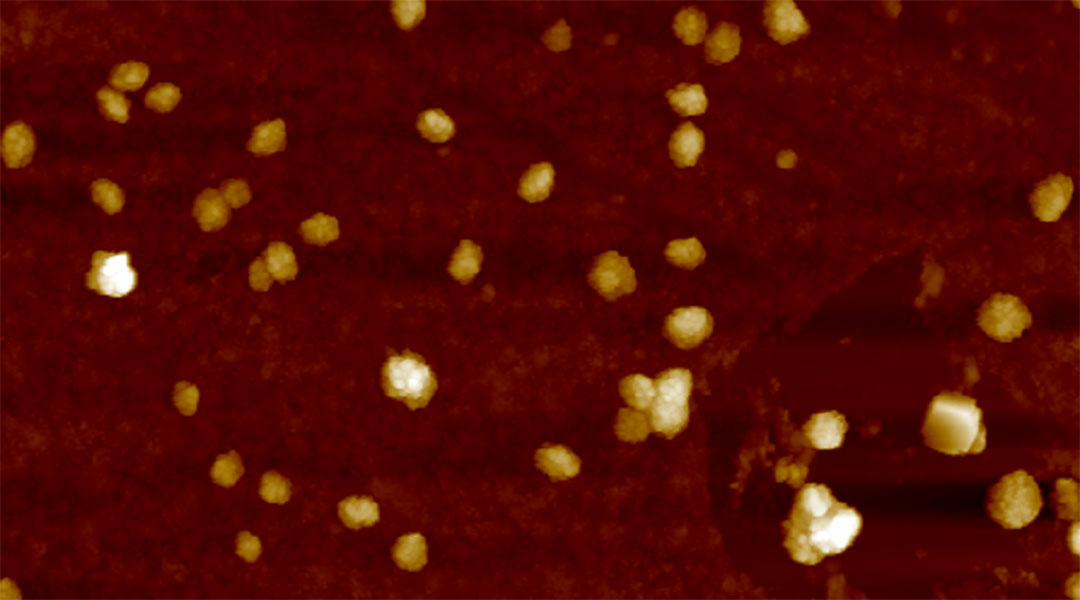
Peptide-laden vesicles light up in the presence of amyloid beta, providing an early diagnostic test (and possible treatment) for Alzheimer’s.
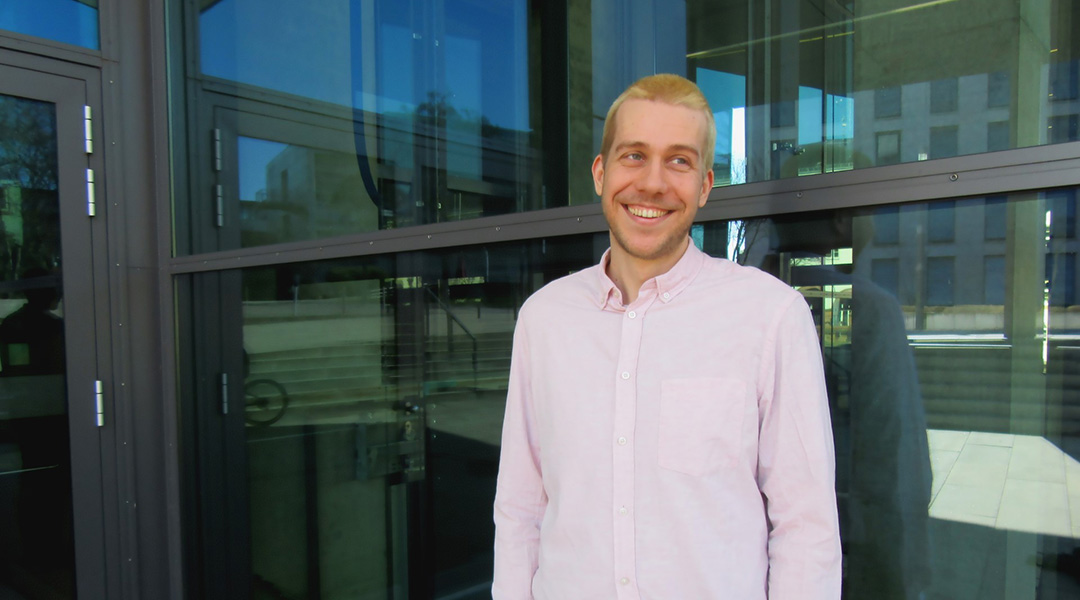
Florian Jehn combines pragmatism with optimism when considering potential threats to human civilization.